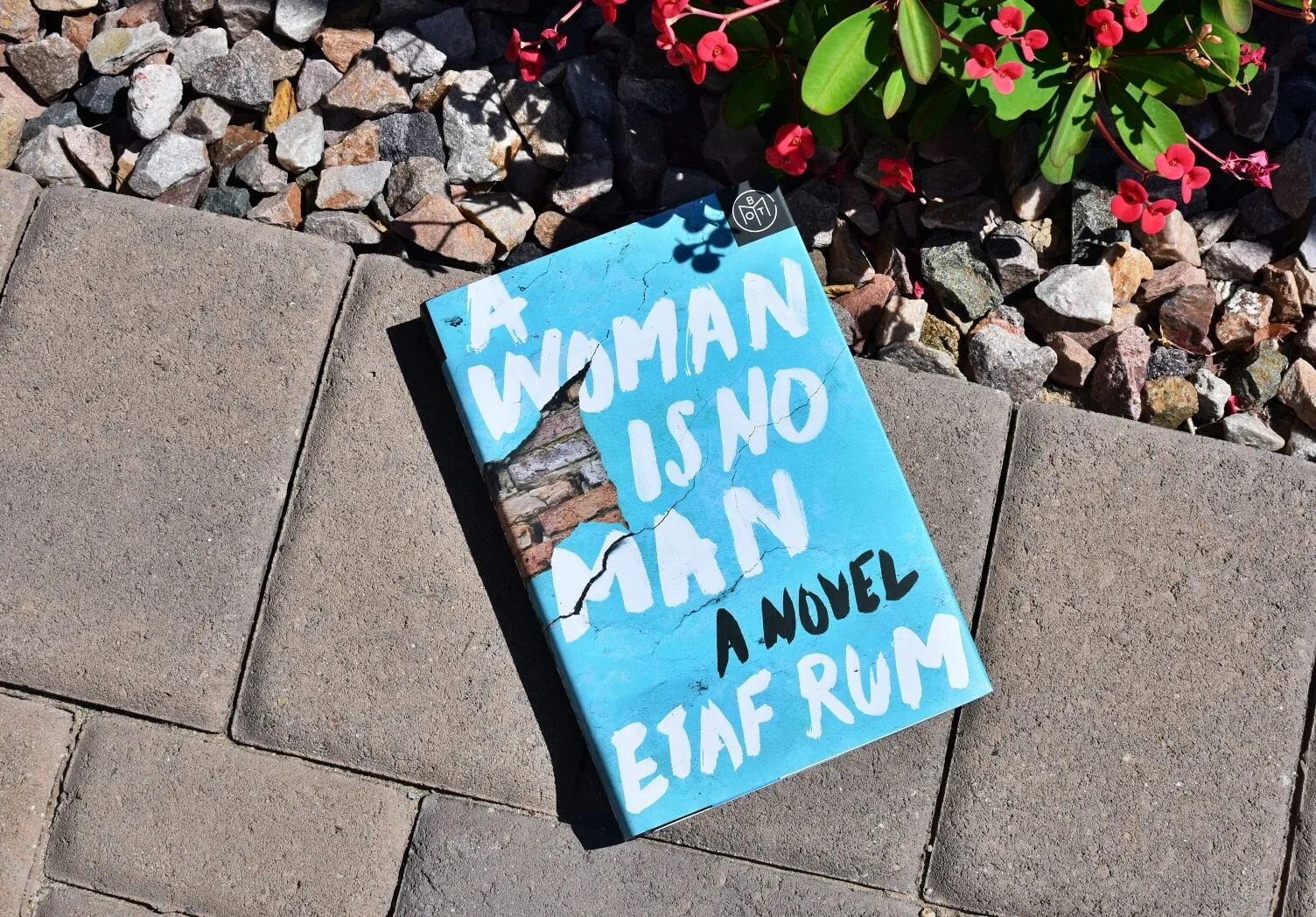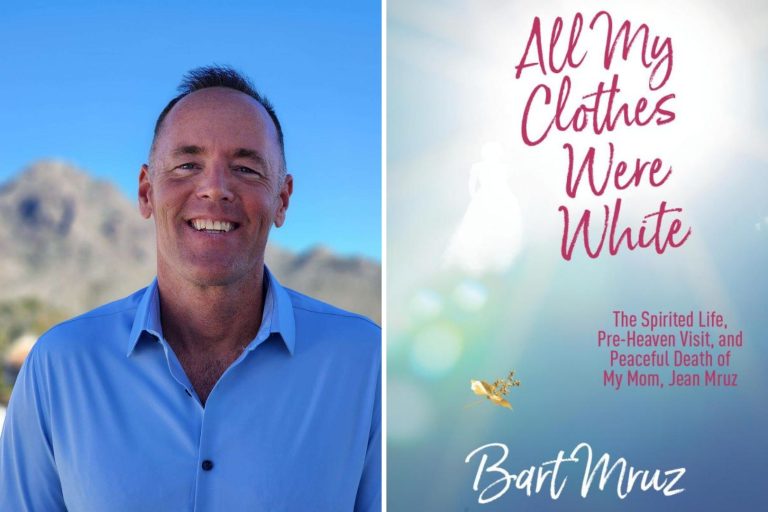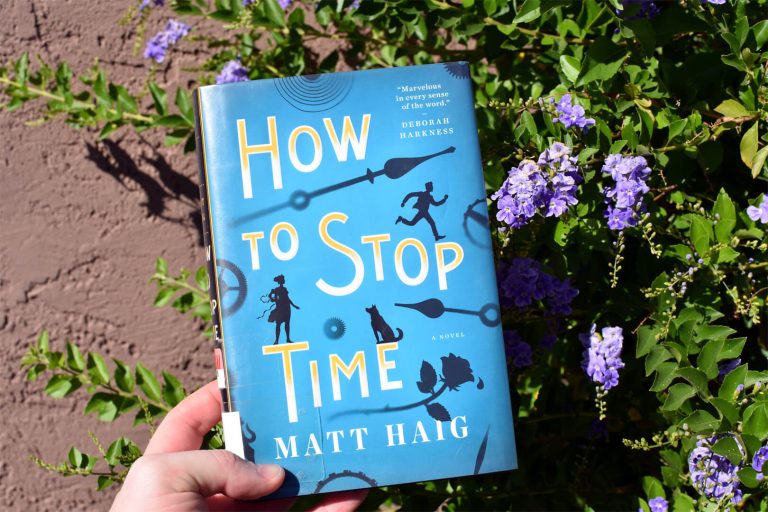A Woman is No Man by Etaf Rum is a devastating, heart-wrenching but also, hopeful, novel about a Palestinian-American family.
This is one of those novels that I believe many should read. But it’s not an easy one. There’s domestic abuse, emotional turmoil with many difficult scenes. Still, though, there is love in this story between some of the women, which is able to rise above all else.
In her debut novel Etaf Rum tells the story of three generations of Palestinian-American women struggling to express their individual desires within the confines of their Arab culture in the wake of shocking intimate violence in their community—a story of culture and honor, secrets and betrayals, love and violence. Set in an America at once foreign to many and staggeringly close at hand, A Woman Is No Man is an intimate glimpse into a controlling and closed cultural world, and a universal tale about family and the ways silence and shame can destroy those we have sworn to protect.
Palestinian-American community
We’re a nation of immigrants, yet, stories like this are quite rare. I don’t think I’ve ever read a story like this before that is focused on Palestinian American women. The women in this story are not seen as equals and oftentimes are the victims of horrific abuse, which everyone turns a blind eye toward. The author Etaf Rum told NPR that she worried about contributing to a negative stereotype of Arab people and the community. She said:
It took me a long time to overcome those fears and realize that in order for me to speak on behalf of women who are abused and oppressed, and to tell their stories — especially those women who are afraid to tell their own stories, because they’re ashamed, and because they feel like someone will come and retaliate, that I had to overcome that fear and tell this very authentic story.
She definitely handles the difficult subject matter with care. And there are many layers to all the characters in this story. Not that the reader will agree with actions but each character has plenty of depth and intrigue.
Secrets are shared when the women cook together and it becomes almost a meeting point for two of the women. But cooking is also seen as a form of oppression as well—it’s one thing to have a desire to cook; it’s another to have the expectation that there is no only choice.
The women
The story follows the perspectives of Isra— at seventeen she’s forced to marry Adam and move with him to Brooklyn to live with his family. The move is difficult and even more so as she sees many different dark sides to Adam. Her mother-in-law Fareeda is quite traditional and always aware of what the community thinks about the family. She’s not drive by religion so much as image. She’s quite infuriating in many scenes but, as I said above, Etaf provides a lot of different layers. And her growth journey is interesting. And then there’s Deya, Isra and Adam’s daughter. Fareeda is, again, forcing tradition on a woman of the family while Deya dreams of college. And when Deya finds out the shocking truths about her family—it completely changes everything forever.
I thought each of these women, including Fareeda’s daughter Sarah, are all quite complex. Society and culture expectations try to force each of these women to fit into a certain box and expectations. But even when one does follow the traditional path—it definitely does not guarantee happiness as they’re never truly “free.”
Isra, Sarah and Deya are connected through a love of reading, which I thought was a really nice touch in the book as the author is quite the bibliophile—she runs the Instagram account @booksandbeans. Reading also is a sign of rebellion for the women.
Finally thoughts: I think it’s best to say, take the time and read this story. This is one where book clubs will have much to talk about. Click here for my book club questions.






